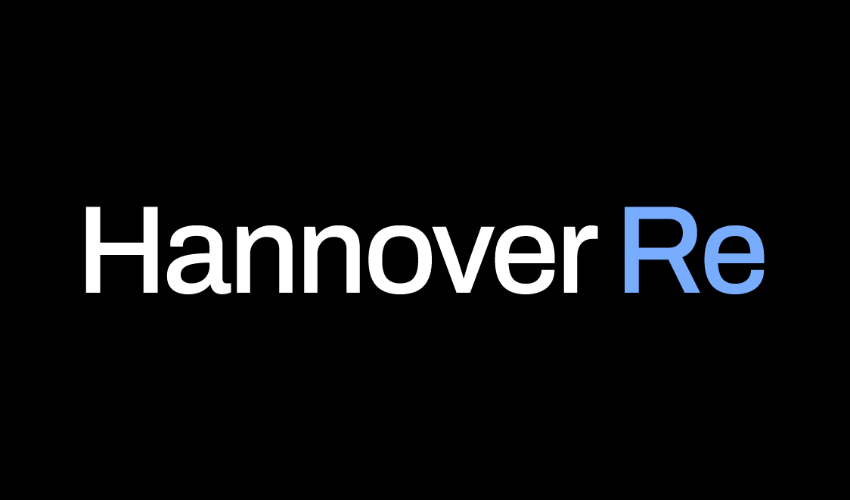ClearBank, a UK clearing and embedded
banking provider, saw its January-October 2022 revenue surge almost three-fold
to £45.4 million compared to the same period last year. The clearing bank, which was founded in 2015, also said it hit monthly
profitability in the UK starting in October.
ClearBank disclosed these on Thursday in a
statement detailing its fiscal year 2022 year-to-date (YTD) performance. The
UK-based bank explained that the growth in its revenue is being driven by increases
in its transaction volumes, new customer sales, interest income, and forex and multi-currency offerings.
“ClearBank now supports over 200 financial
institutions, including Chip, Raisin, and Recognise Bank. With 17.5 million bank
accounts and £3 billion held in balances, ClearBank has dramatically increased in
scale,” the firm said.
Further explaining its growth, the clearing bank
noted that it has cast its net wider with the introduction of multi-currency
accounts and international payments in 11 currencies and 65 forex currency pairs.
In addition, ClearBank said it now offers “a Faster Payments Originating
Overseas product to enable its partners to use Faster Payments to process GBP
payments that have originated outside of the UK.”
In June, ClearBank partnered with Ziglu in order to provide agency banking services to the UK-based money app. With the
collaboration, Ziglu started offering virtual GBP bank accounts to
its customers, and ClearBank supports this by providing real-time processing and reporting abilities.
Meanwhile, in March, ClearBank secured £175 million in
funding to accelerate its global expansion. The round was led by Apax Digital,
the growth equity arm of private equity advisory firm Apax Partners LLP. The
round also received participation from CFFI UK Ventures (Barbados) Ltd and PPF
Financial Holdings BV.
“With a licensed clearing and embedded
banking platform that is scaling rapidly, we expect to build on the success of
2021, and our accomplishments thus far in 2022, ahead of expansion into Europe
in 2023 and the US soon after,” Charles McManus, ClearBank’s CEO, explained,
speaking on the company’s profitability and the YTD revenue.
‘The Growing Pains of BaaS’
Meanwhile, a new study
conducted by advisory firm Aite-Novarica Group on behalf of ClearBank “reveals
the growing pains of Banking as a Service (BaaS) and how fintechs are embracing Embedded Banking.”
The study found that fintech firms in
Europe are struggling with BaaS services, with 20% of them losing $11 million
per year in product delays attributable to BaaS providers.
The study is based on
interviews with 20 major fintech firms in the UK and Europe. These firms have
at least 50 employees and average
annual revenues of $25 million between June and September 2022.
The study also found that fintech firms
are leaving BaaS providers and opting for embedded banking. While 31% of these
firms said they have changed their BaaS providers, 25% said they will be using embedded baking providers in the future. This is regardless of “confusion in the market
between the two categories.”
“Many BaaS and Embedded Finance offerings
are no longer meeting the needs of their customers. They don’t offer the
precision customers are demanding, and they can make it unclear what
protections are in place to keep consumer funds safe,” explained John Salter,
ClearBank’s Chief Customer Officer.
ClearBank, a UK clearing and embedded
banking provider, saw its January-October 2022 revenue surge almost three-fold
to £45.4 million compared to the same period last year. The clearing bank, which was founded in 2015, also said it hit monthly
profitability in the UK starting in October.
ClearBank disclosed these on Thursday in a
statement detailing its fiscal year 2022 year-to-date (YTD) performance. The
UK-based bank explained that the growth in its revenue is being driven by increases
in its transaction volumes, new customer sales, interest income, and forex and multi-currency offerings.
“ClearBank now supports over 200 financial
institutions, including Chip, Raisin, and Recognise Bank. With 17.5 million bank
accounts and £3 billion held in balances, ClearBank has dramatically increased in
scale,” the firm said.
Further explaining its growth, the clearing bank
noted that it has cast its net wider with the introduction of multi-currency
accounts and international payments in 11 currencies and 65 forex currency pairs.
In addition, ClearBank said it now offers “a Faster Payments Originating
Overseas product to enable its partners to use Faster Payments to process GBP
payments that have originated outside of the UK.”
In June, ClearBank partnered with Ziglu in order to provide agency banking services to the UK-based money app. With the
collaboration, Ziglu started offering virtual GBP bank accounts to
its customers, and ClearBank supports this by providing real-time processing and reporting abilities.
Meanwhile, in March, ClearBank secured £175 million in
funding to accelerate its global expansion. The round was led by Apax Digital,
the growth equity arm of private equity advisory firm Apax Partners LLP. The
round also received participation from CFFI UK Ventures (Barbados) Ltd and PPF
Financial Holdings BV.
“With a licensed clearing and embedded
banking platform that is scaling rapidly, we expect to build on the success of
2021, and our accomplishments thus far in 2022, ahead of expansion into Europe
in 2023 and the US soon after,” Charles McManus, ClearBank’s CEO, explained,
speaking on the company’s profitability and the YTD revenue.
‘The Growing Pains of BaaS’
Meanwhile, a new study
conducted by advisory firm Aite-Novarica Group on behalf of ClearBank “reveals
the growing pains of Banking as a Service (BaaS) and how fintechs are embracing Embedded Banking.”
The study found that fintech firms in
Europe are struggling with BaaS services, with 20% of them losing $11 million
per year in product delays attributable to BaaS providers.
The study is based on
interviews with 20 major fintech firms in the UK and Europe. These firms have
at least 50 employees and average
annual revenues of $25 million between June and September 2022.
The study also found that fintech firms
are leaving BaaS providers and opting for embedded banking. While 31% of these
firms said they have changed their BaaS providers, 25% said they will be using embedded baking providers in the future. This is regardless of “confusion in the market
between the two categories.”
“Many BaaS and Embedded Finance offerings
are no longer meeting the needs of their customers. They don’t offer the
precision customers are demanding, and they can make it unclear what
protections are in place to keep consumer funds safe,” explained John Salter,
ClearBank’s Chief Customer Officer.






































